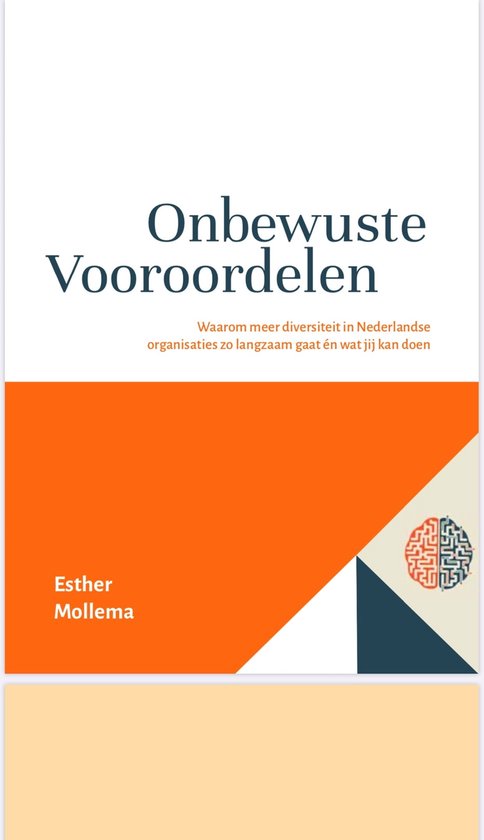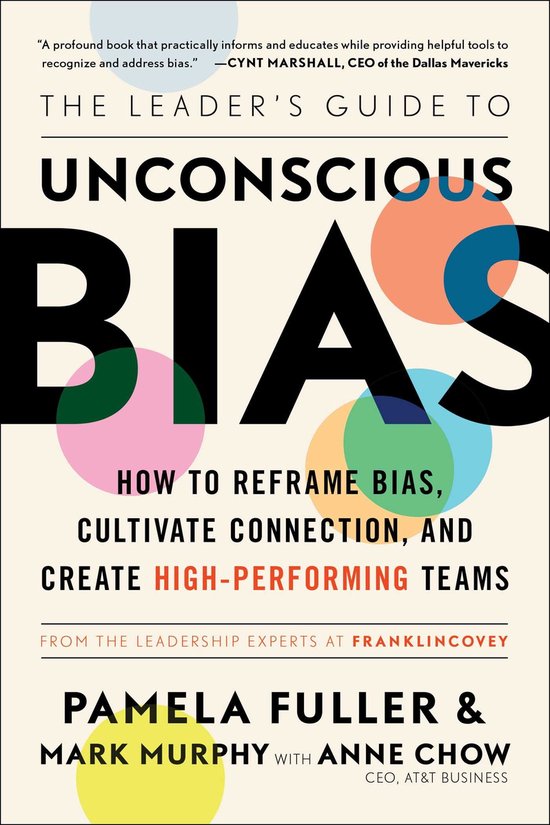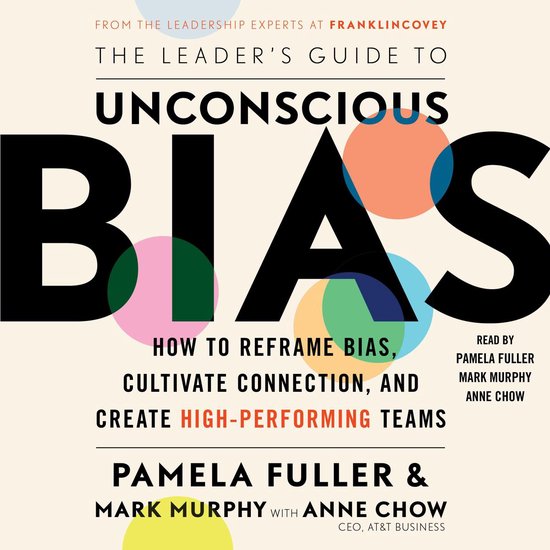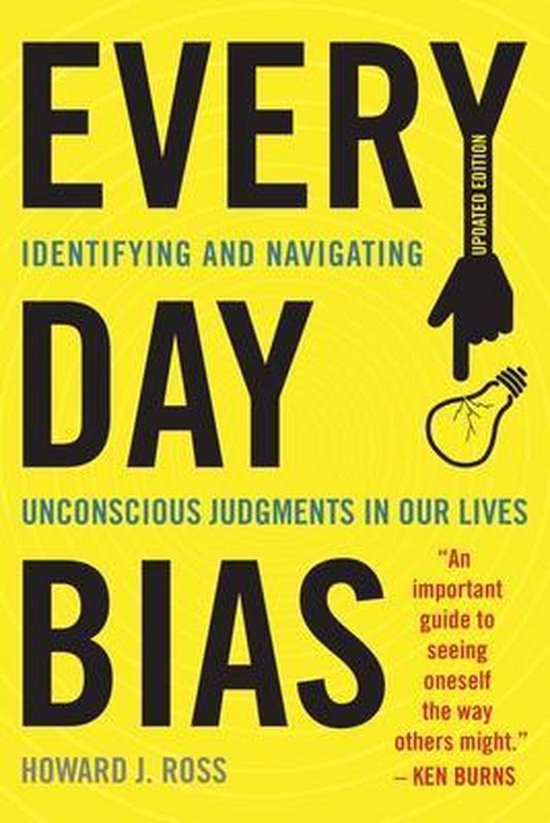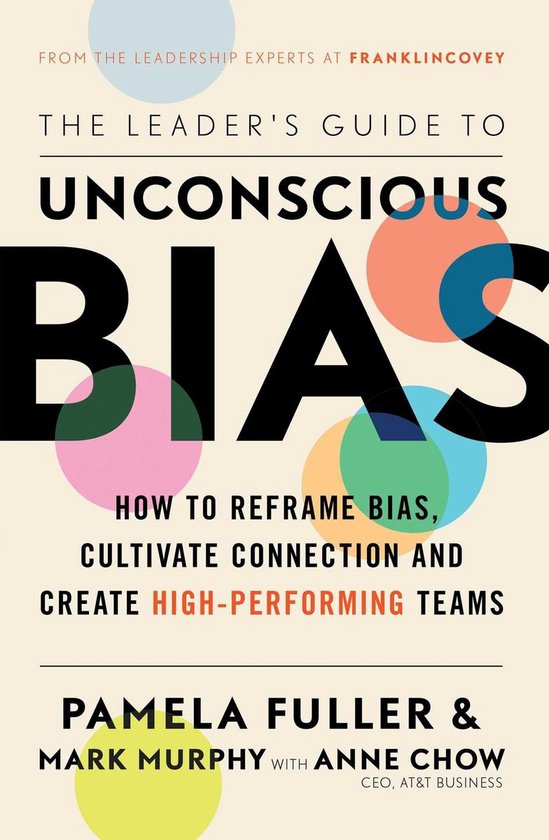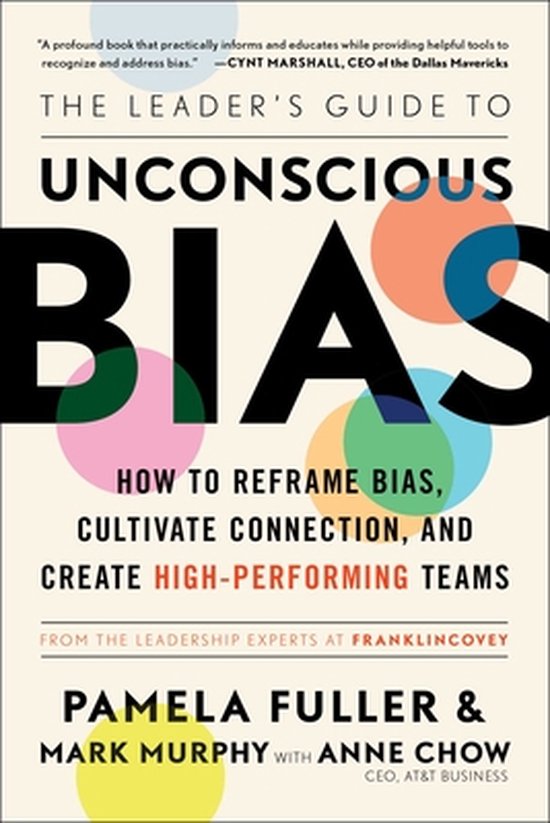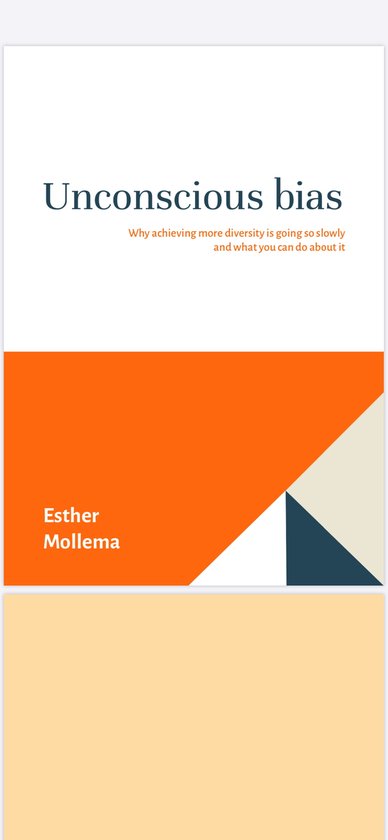
Unconscious Bias
Unconscious Bias
Diversity is about everybody. We all bring something interesting and special to the table. That is why this book is also about you. In diverse teams, members help each other more in searching for all the alternative solutions to challenges. That leads to better decisions. Isn’t that what every team and organisation want?
But careers of diverse talent develop slowly, especially so in the Netherlands. How is that possible? Why is that so? Is it because of ‘the white men’? Is it due to opposition from struggling managers? No.
Occasionally I meet one; a manager or director who does not believe in diverse talent as leaders. One who really thinks that, for example, only a certain type of man can lead organisations. Sometimes this is caused by religious beliefs, sometimes by evolutionary views, and sometimes it is just an opinion.
In general, this kind of manager is hard to find nowadays. Rather, the opposite is true. I speak to many directors and managers who clearly understand that diversity in all layers is an essential part of the future of their organisation. Most managers tell us that they genuinely try their best to simply choose the best candidate; male or female, white or black, big or small, old or young.
The explanation for why achieving more diversity is difficult can be found in our brain. All day long, a big proportion of our choices are unconscious decisions. And these unconscious decisions have much more influence on our behaviour than we think and it explains for the most part why diversity is so difficult to achieve.
In 2015, I wrote the book Succes in Veelvoud (‘Success in Multiplicity’). I still get a lot of positive feedback to this book. It provided many people with insights and solutions. In this booklet, I supplemented and updated the unconscious bias section of the book Success in Multiplicity with new ideas and new figures from our own studies and other interesting studies by scientists. I also dive deeper into why implicit bias is so persistent in the Netherlands.
Kicking off: women
This booklet will mostly cover diversity in men and women. That may annoy some people. Diversity is much more than only m/f! You are absolutely right. However, there is a reason for this choice; availability of measurable facts.
You have to be able to find facts. You are not allowed to register some things about people by law, and if you can, some things are often not properly registered. But we do already have everything from one group. Those facts are common to all of the organisation’s personnel systems; those about men versus women. You just need to extract the data from data bases and analyse it to see where to take measures to encourage inflow and promotion within organisations. Let the facts speak and think about how to get rid of inequality.
We promise you the things you will arrange for women will also benefit other groups of diverse talent because it will also take away much of the inequality for them.
That is also my goal.
In case you have any issues with reading this book in your Kobo App, please contact us at info@dir.nl so that we can resolve this for you.
Esther Mollema
Wageningen, May 2020
-
Preface 4
-
Let’s wipe some diversity myths off the table 7
We agree, men and women are equally competent as leaders 7
How we think it works and how it actually works 8
Differences in style? 9
The most popular leadership qualities (m/f) 12
The hidden key 15 -
A journey through our brain 17
How our brains work 17
Fast decision maker 18
We are all in this together 19
We love labels 19
The “club colours” in your brain 20
A low voice? More chance of becoming a manager! 22
Do you prefer a smart or a vibrant boss? 23
Mindbugs 24
Assumptions, assumptions, assumptions 26 -
Mindbugs and managers 29
More than ten thousand mindbugs tests 29
‘The’ boss is a man (also according to women!) 30 -
How our pleasant self-image gets in the way 35
What we say is not what we do 35
The Netherlands and unconscious bias 36
Empty tolerance 36
One of us? 38
The key to success 39
A negative spiral (especially for an organisation) 39 -
Where do you stand? 43
-
No change without courage 47
Sources 52
This document is only authorized for use by the person to whom
has received this digital document.
Copying, distributing or posting this book or part of it is a copyright
infringement.
| Auteur | | Esther Mollema |
| Taal | | Engels |
| Type | | E-book |
| Categorie | |
